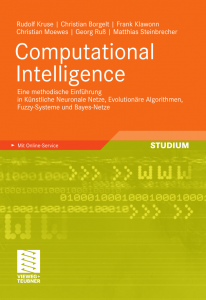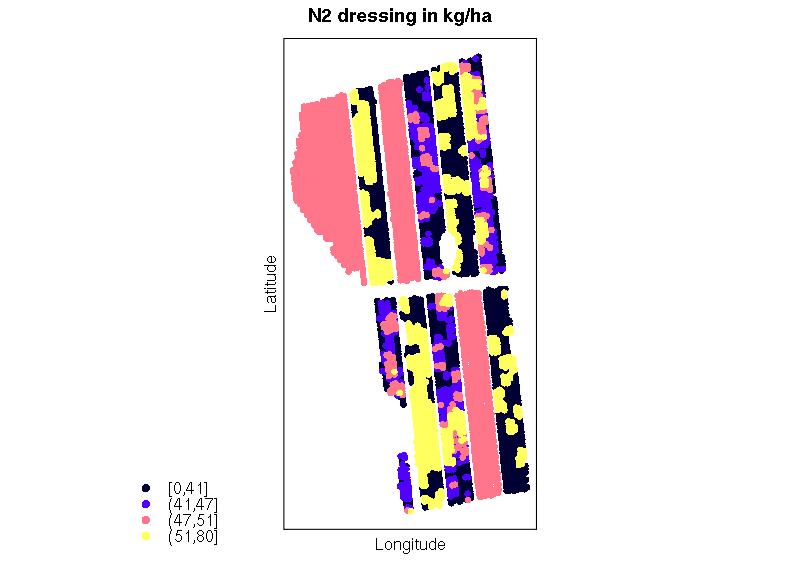Seems like I’m with the prefix Ca in the recent list of city names I’ve visited. Anyway, I’m back from Canberra after yet another three flights, including a 20-min bus ride at DXB and a 4-hour train ride within Germany. In hindsight it’s been really useful to present my work (past, present and future) in a comprehensive talk at the Australian Taxation Office. I had around 20 direct listeners, some of which were from The Australian National University and from the Commonwealth Scientific and Industrial Research Organisation. Some additional listeners were connected via a telephone conferencing system around the country.
My direct conversation partners and hosts were Graham Williams and Warwick Graco. I could talk about my ideas at length and got very valuable feedback from them, regarding methodologies and techniques and possible pitfalls. Apart from the business talks, the city of Canberra is really worth a visit — might be due to the fact that I’ve been shown around by these two seasoned guys who really know their city. I also happened to visit the National Gallery of Australia where Masterpieces from Paris are on display — another really worthwile exhibition.
Nevertheless, I’m off to Cambridge tomorrow, for the AI-2009 conference, yet again at freezing Peterhouse College. The slides for my talk are going to be the results of the respective paper, spiced up with some introductory and motivational slides from the ATO talk. The slides: slides-russ2009sgai.pdf.

